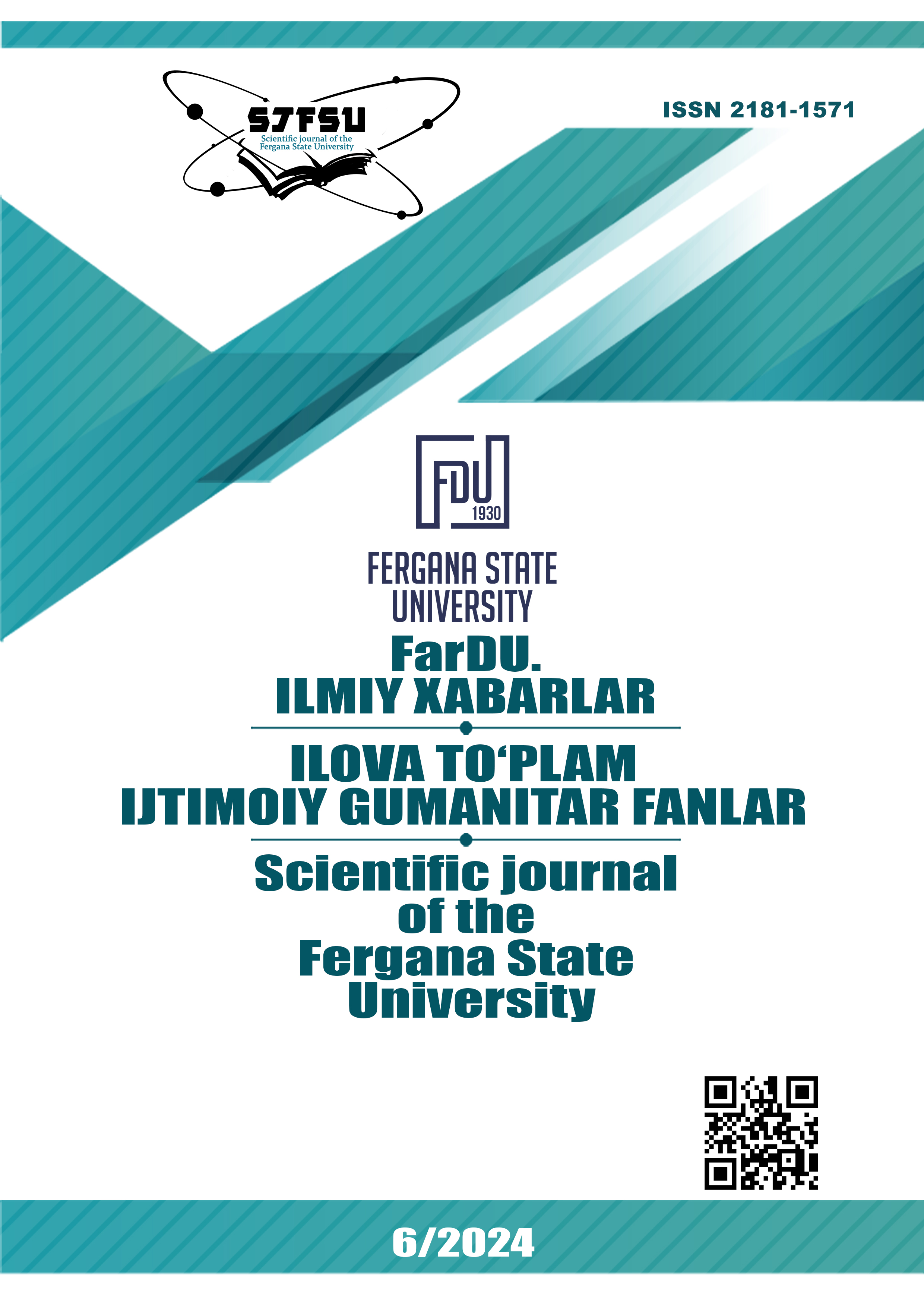ANALYSIS OF LEXEMES REPRESENTING CONCEPTS RELATED TO SUPERSTITIONS IN UZBEK AND GERMAN LANGUAGES
Keywords:
Superstitions, Uzbek language, German language, folklore, oral traditions, cultural distinctiveness.Abstract
This article explores the linguistic and cultural characteristics of superstitions in German and Uzbek languages. Superstitions hold a significant place in folk culture, representing a blend of moral teachings, religious beliefs, and people's life experiences. The study analyzes the history and classification of superstitions in Uzbek and German, organized into thematic categories. Special attention is given to their religious roots, including influences from Christianity and Islam. A comparative analysis of the superstition surrounding the number 13 in German culture and the perception of "Friday the 13th" in German traditions has been conducted. The linguistic analysis reveals the unique development of superstitions in different cultures.
This research holds importance for understanding the linguistic and cultural dimensions of oral folklore and national customs. The conclusion emphasizes that superstitions encapsulate centuries of collective experience and provide a foundational basis for further scholarly exploration.
References
Isomiddinov F., Yusufov I. Irim-sirimlar. Uslubiy qo‘llanma. – Farg‘ona: Classic, 2020. – 97 b.
Sattor M. O‘zbek udumlari. – Toshkent: Adolat, 2004. – 205 b.
O‘zbek tilining izohli lug‘ati. II jild. – Toshkent: G‘afur G‘ulom nomidagi nashriyot-matbaa ijodiy uyi, 2023.
Wolfgang M., Duden “Bedeutungwörterbuch”. – Mannheim, 1985. – S.21.
Шайх Муҳаммад Содиқ Муҳаммад Юсуф. Ислом тарихи. Одамнинг яратилиши, ISLOM.UZ (Мурожаат санаси 24.01.2021)
Одамлар ишонадиган ирим-сиримлар ва уларнинг келиб чиқиши Hordiq.uz. (Мурожаат санаси 24.01.2021)
Downloads
Published
Issue
Section
License
Copyright (c) 2025 Scientific journal of the Fergana State University

This work is licensed under a Creative Commons Attribution-NonCommercial-NoDerivatives 4.0 International License.

